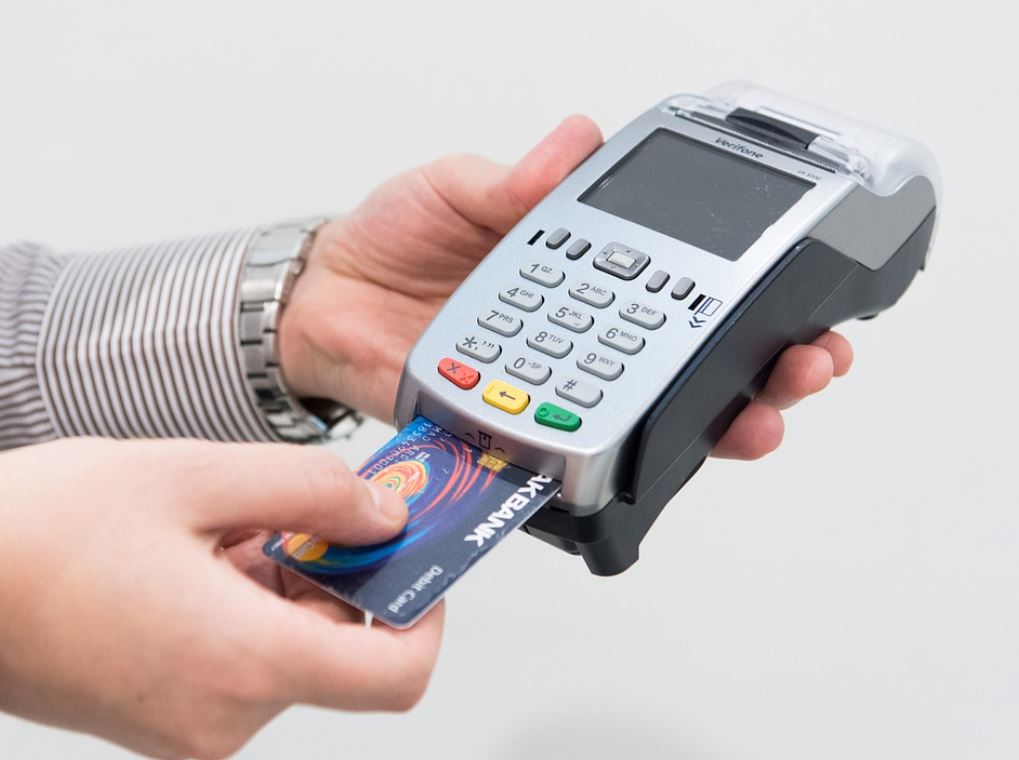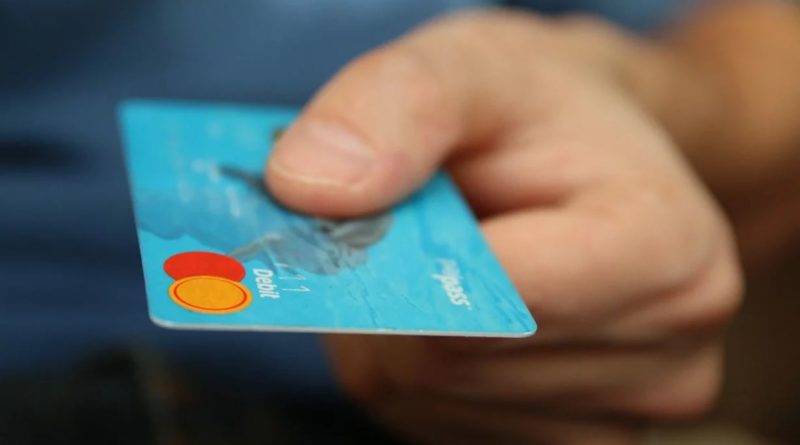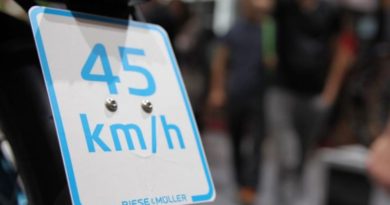How bike shops can reduce Coronavirus risk to staff and customers
Those working in retail will find themselves in a bind in the face of the ongoing Covid-19 epidemic. We work in a highly experience driven segment where things likely product demos and a high level of customer interaction is required, often for sustained periods. CI.N brainstorms some key ways to reduce coronavirus risk to yourself, your staff and your customers.
Before we get going, a disclaimer: this is not official advice, for that we recommended checking your national health service and Government advice pages.
- Put a sign on the door that asks customers to kindly refrain from squeezing brake levers, shifters and touching grips or saddles. As any bike shop will known, customers are drawn to these contact points almost immediately, but they could pose a contagion risk in this scenario.
- When offering demos of bikes, request that the customer bring their own helmet, or find a way to line the helmet with a disposable layer. Environments such as gyms have been flagged as higher risk contagion areas due to the moisture left behind during exercise. Therefore it is reasonable to expect a helmet, particularly with its contact to the face, would be no different. In the same vain, it might be worth limiting changing room access for the time being on garments likely to pose a risk of transfer.
- The same applies to in store turbo trainer, or bike fitting rigs – both likely to be vulnerable to transmission of this kind of virus.
 Transmission can obviously happen between staff, so in the workshop it is advisable to keep tool handles clean and by the countertop the same applies to computers, card machines and other devices.
Transmission can obviously happen between staff, so in the workshop it is advisable to keep tool handles clean and by the countertop the same applies to computers, card machines and other devices.- On the same trail of thought, sanitise demo bike product pre and post use at contact points.
- Sanitise spaces within store that are likely to be used by customers for extended periods, in particular consider tightly managing any cafe or social area you may have in store. Touch points in store to also keep fresh include front doors, light switches, handrails and easily reached point of sale
- Limit handshakes and other physical contact.
- As has been put into place with the likes of Ribble here in the UK, consider introducing virtual sales techniques attached to your online presence. At very worst, this will add another string to your bow for the future.
- Offer local delivery on tubes, tyres and consumables. While footfall is generally lower this could be a good way to tap in to the needs of those still wishing to get out on their bikes.
- Work to appointment at your discretion.
- When handling cash and cards remember to wash hands at regular intervals.
Some in the bicycle industry are speculating that the virus may lead to more people taking to bikes in order to avoid crowded public transport and get isolate exercise. While that is a boon for business, particularly as we enter a key selling season, it sadly comes with risk in the present climate.
It is highly likely that the next few weeks will see some downtime and reduced footfall, so why not spend that time on staff training, merchandising tasks, or planning for the year ahead.
As before, this is not official advice, just our team’s thoughts on likely scenarios affecting bike retailers in particular. We welcome additional thoughts from our readers, so if you’ve taken additional measures to offset coronavirus risk, let us know here.



